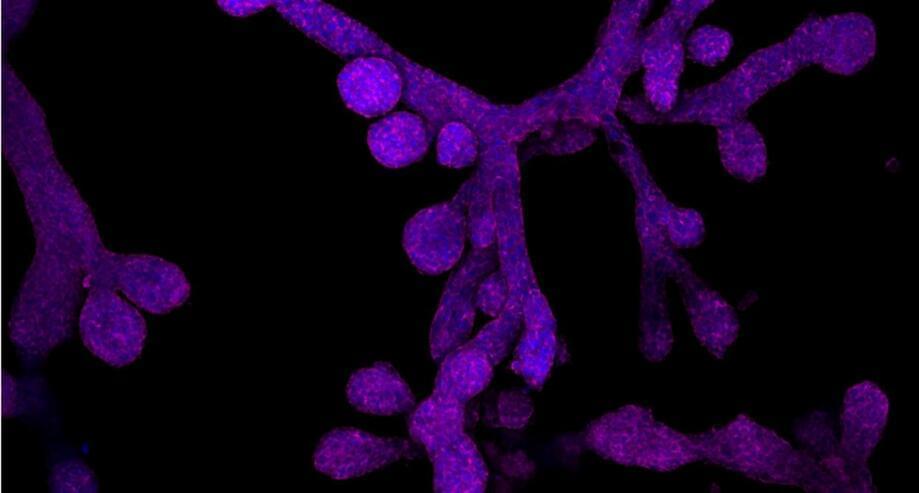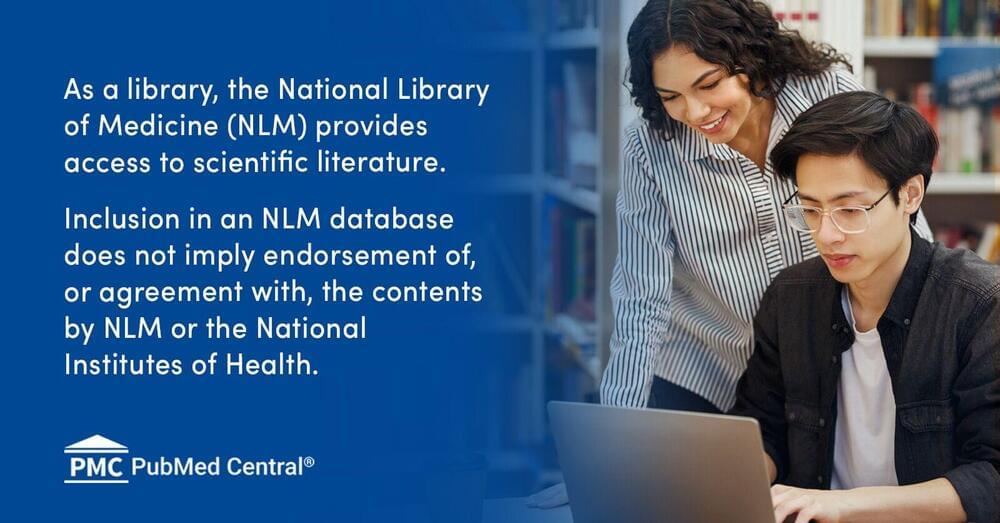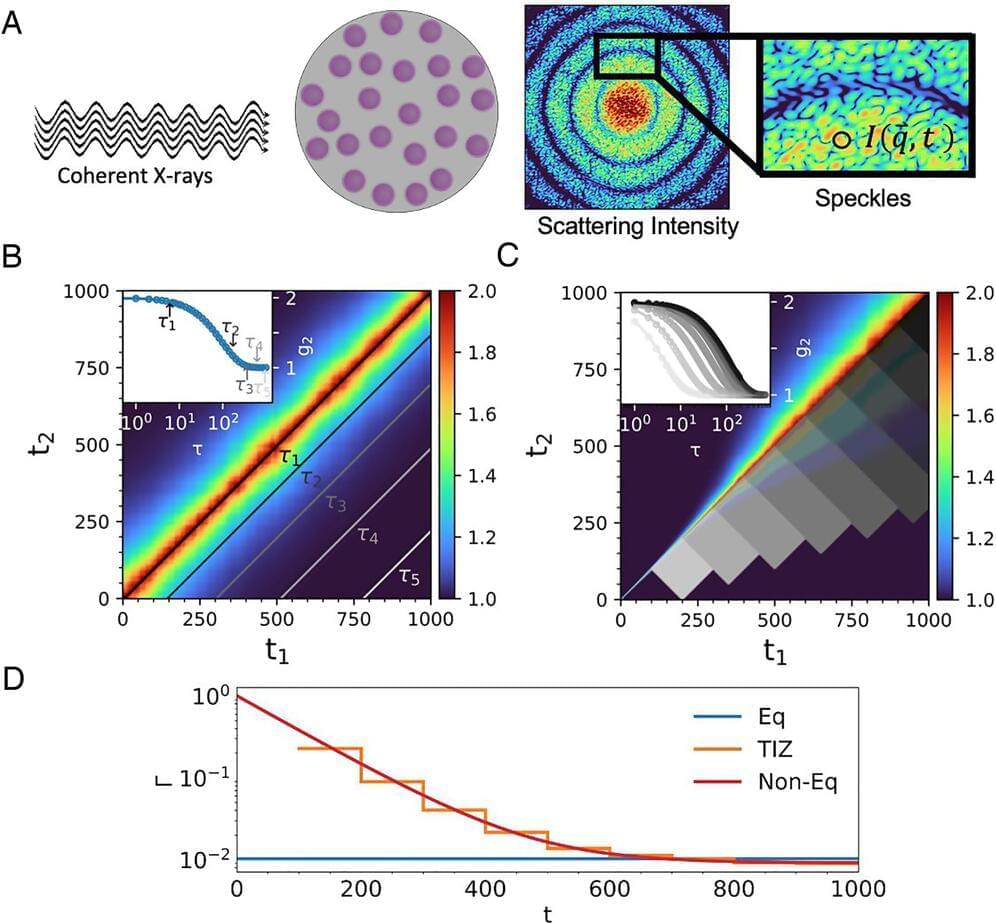Researchers from Western University have discovered a protein that has the never-before-seen ability to stop DNA damage in its tracks. The finding could provide the foundation for developing everything from vaccines against cancer, to crops that can withstand the increasingly harsh growing conditions brought on by climate change.
Category: food – Page 46


Benefits of Fermented Papaya in Human Health
Fermented foods have been used for several years all over the world, due to their unique nutritional characteristics and because fermentation promotes conservation and food security. Moreover, fermented foods and beverages have a strong impact on human gut microbiota. Papaya is the fruit of the Carica papaya plant, traditionally used as a medicinal fruit, but there are also references to the use of the fermented form of this fruit. The main purpose of this review is to provide an improved understanding of fermented papaya nutritional and health applications. A literature search was conducted in the PubMed and Google Scholar databases. Both in vitro and in vivo studies were included. According to the retrieved studies, fermented papaya has proven to be an excellent antioxidant and an excellent nutraceutical adjuvant in combined therapies against several diseases, such as Alzheimer’s disease, allergic reactions, anticancer activity, and anemias. Therefore, it is concluded that fermented papaya has many benefits for human health and can be used as prevention or aid in the treatment of various diseases.
Keywords: fermented food, fermented papaya, health benefits, oxidative stress.

Eco-Friendly Delivery: The Green Appeal of Automatic Delivery Robots
Could food delivery robots with zero carbon emissions influence a customer’s decision to buy food using them instead of robot vehicles that emit carbon into the atmosphere? This is what a recent study published in the International Journal of Hospitality Management hopes to address as a tea of researchers from Washington State University (WSU) investigated how a customer’s knowledge of an automatic delivery robot’s (ADR) environment impact influences their choice regarding which type of robot they want delivering their food. This study holds the potential to help scientists, environmental conservationists, and the public better understand the benefits of eco-friendly delivery robots for both the short and long term.
“Much of the marketing focus has been on the functionality and the convenience of these automatic delivery robots, which is really important, but it would enhance these efforts to promote their green aspects as well,” said Jennifer Han, who is a doctoral student in WSU’s Carson College of Business and lead author of the study.
For the study, the researchers used the Amazon crowdsourcing platform, MTurk, to conduct an online survey comprised of 418 adults who were instructed to watch videos about ADRs followed by a questionnaire regarding the environmental impact and the risk of using ADRs for their food delivery service. In the end, the team discovered a connection between participants who found ADRs were less risky and wanted an eco-friendly ADR compared to participants who thought ADRs were riskier but weren’t concerned about the environmental consequences.

New findings reveal how serotonin shapes behavior in negative situations
In a recent study in Nature Communications, researchers increased synaptic serotonin through a selective serotonin-releasing agent (SSRA), fenfluramine, to investigate its impact on human behavior.
Neuroscience research concentrates on the function of central serotonin (5HT) in human behavior, specifically the impact of selective serotonin reuptake inhibitors (SSRIs). Serotonin is necessary for several actions, including eating, sexual function, and goal-directed cognition.
It is difficult to determine the causal relationship between increased synaptic 5-HT and behavior in humans via SSRIs due to SSRIs’ complicated effects on 5-HT and colocalized neurotransmitter systems. A low dose of fenfluramine, approved for the treatment of Dravet epilepsy in 2020, directly and swiftly elevates synaptic 5-HT without altering extracellular dopamine concentrations in mood control areas.
Researchers create new method for orchestrating successful collaboration among robots
New research from the University of Massachusetts Amherst shows that programming robots to create their own teams and voluntarily wait for their teammates results in faster task completion, with the potential to improve manufacturing, agriculture and warehouse automation. The study is published in 2024 IEEE International Conference on Robotics and Automation (ICRA).
This research was recognized as a finalist for Best Paper Award on Multi-Robot Systems at the IEEE International Conference on Robotics and Automation 2024.
“There’s a long history of debate on whether we want to build a single, powerful humanoid robot that can do all the jobs, or we have a team of robots that can collaborate,” says one of the study authors, Hao Zhang, associate professor at the UMass Amherst Manning College of Information and Computer Sciences and director of the Human-Centered Robotics Lab.


Fasting-Style Diet Seems to Result in Dynamic Changes to Human Brains
Scientists looking to tackle our ongoing obesity crisis have made an important discovery: Intermittent calorie restriction leads to significant changes both in the gut and the brain, which may open up new options for maintaining a healthy weight.
Researchers from China studied 25 volunteers classed as obese over a period of 62 days, during which they took part in an intermittent energy restriction (IER) program – a regime that involves careful control of calorie intake and relative fasting on some days.
Not only did the participants in the study lose weight – 7.6 kilograms (16.8 pounds) or 7.8 percent of their body weight on average – there was also evidence of shifts in the activity of obesity-related regions of the brain, and in the make-up of gut bacteria.
Are Humans the First Civilization? The Silurian Hypothesis
Hey, I have a nice story for you. During my childhood, I used to live in Italy. We would eat pasta every day and life was simple. I loved my house, but one d…
